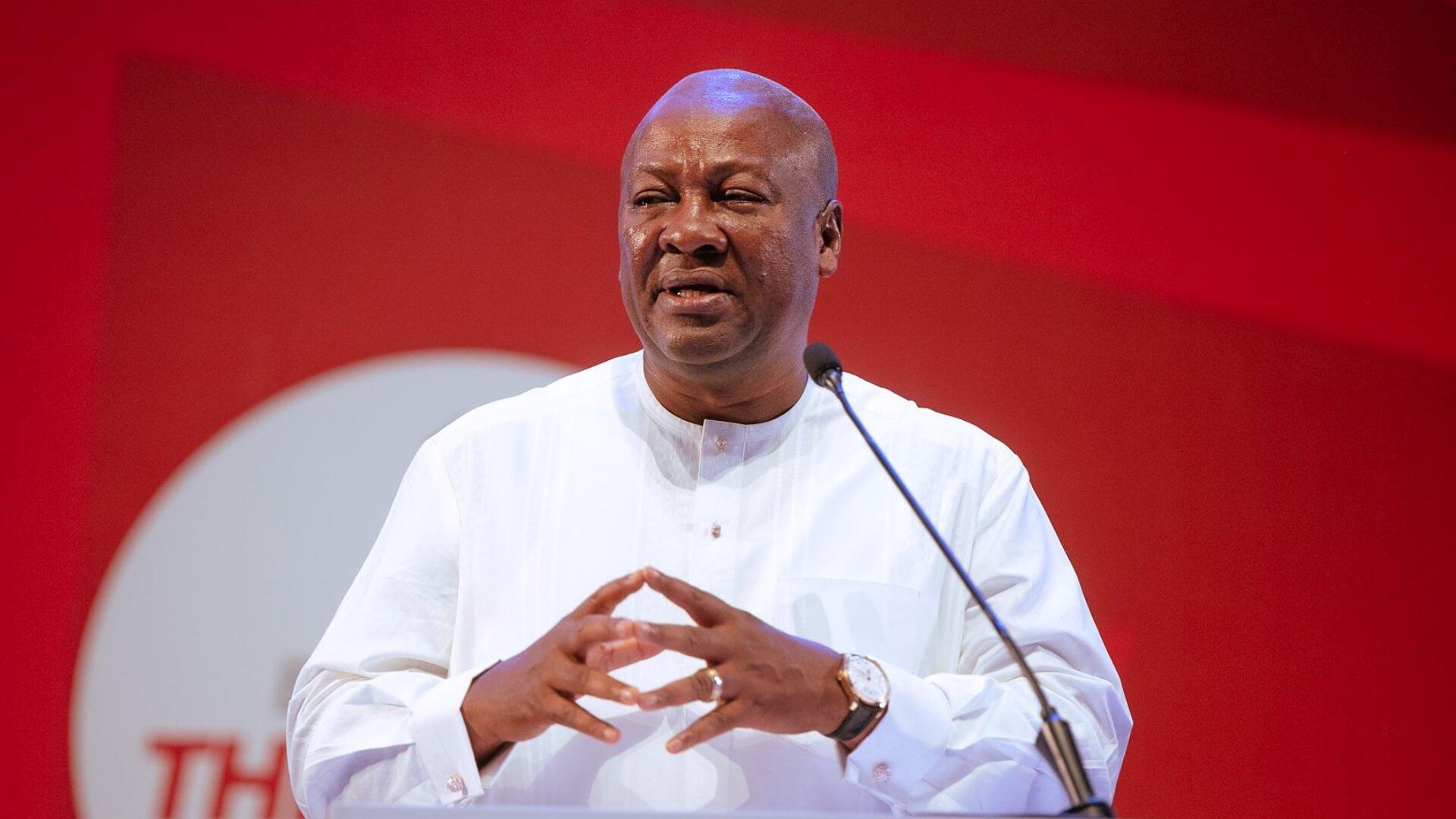Ghana is in the global spotlight after President Mahama confirmed the arrival of West Africans who were previously deported to the US. Find out what this deal means for Ghana, migrants, and West Africa.
In a development rippling across West Africa, President John Dramani Mahama has confirmed that Ghana will accept West African nationals deported from the United States.
The decision, finalized through a new arrangement between Accra and Washington, places Ghana at the heart of global migration debates and regional diplomacy.
The first group of returnees—fourteen individuals, mostly Nigerians, along with one Gambian—arrived in Accra within the past day.
Ghanaian authorities have since assisted them with onward travel to their home countries. President Mahama emphasized that the agreement aligns with the ECOWAS free movement protocol, which grants West Africans visa-free entry into Ghana, making the arrangement both legal and regionally consistent.
“We were approached by the US to accept third-party nationals who were being removed from their country, and we agreed with them that West African nationals were acceptable because all our fellow West Africans don’t need a visa to come to our country.”
Mahama explained.
“If they decide to journey from the US to Accra, they don’t need a visa anyway. So, if you are bringing our fellow West Africans back, that is acceptable.”
Ghana is now the fifth African nation to formalize such an agreement with the United States, following similar moves by Rwanda, Eswatini, Uganda, and South Sudan.
The development comes as Washington intensifies immigration enforcement and presses partner nations to receive migrants, sometimes regardless of direct citizenship ties.
Reactions within Ghana are mixed. Some citizens praise the decision as a display of pan-African solidarity and leadership, while others have voiced concerns over logistics, resettlement, and how to integrate people whose only link to Ghana is regional.
President Mahama did not specify any cap on future arrivals but noted that the government is working to ensure deported West Africans receive assistance, whether they stay in Ghana or move onward to other countries.
By taking this step, Ghana has positioned itself as a central player in a rapidly shifting migration landscape.
The decision opens a new chapter in Africa’s response to global displacement, fueling deeper conversations about borders, identity, and the continent’s collective responsibility to its people.
Leave a comment
Your email address will not be published. Required fields are marked *





